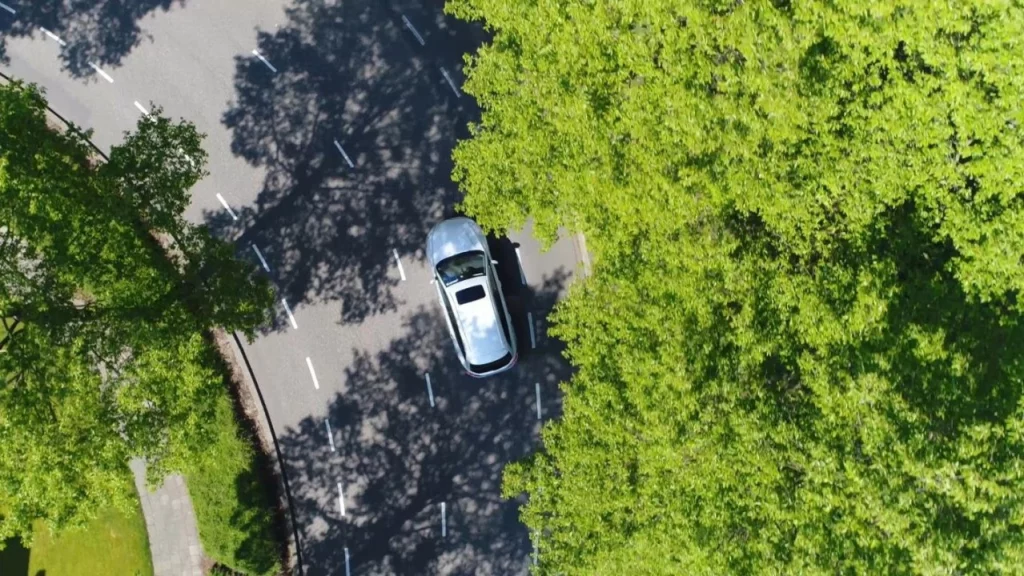
Electric vehicles, or EVs, are becoming an increasingly popular choice for drivers looking for a more environmentally friendly and cost-effective form of transport. Unlike traditional gas- or diesel-powered vehicles, EVs are powered by electric motors and run on energy stored in rechargeable batteries.
Electric vehicles (EVs) are often touted as a solution to the environmental challenges posed by traditional petrol and diesel-powered vehicles. However, a closer examination reveals that EVs may not be as environmentally friendly as they appear. While they produce zero tailpipe emissions, the electricity used to power EVs often comes from sources that are not renewable, such as coal, natural gas, and oil.
One of the main environmental challenges associated with EVs is the mining and processing of the raw materials used to make the batteries. These materials, such as cobalt, lithium, and nickel, are often extracted in countries with poor human rights records, and the extraction process can have significant environmental consequences. For example, cobalt mining in the Democratic Republic of Congo has been linked to human rights abuses. The lithium mining in Chile and Argentina has led to the depletion of local water resources.
Another environmental concern is the disposal of EV batteries. The batteries used in EVs are designed to last a certain number of years and miles, but at the end of their life, they can pose a hazard if they are not disposed of properly. Improper disposal of EV batteries can lead to the leakage of toxic chemicals and heavy metals into the environment. Since EV batteries are a relatively new technology, there has yet to be a well-established process for their recycling.
Additionally, the production of EVs themselves contributes to carbon emissions; EV manufacturing processes can lead to significant emissions through the production of steel, plastics, and aluminum in the EV body. EV production also requires energy which may come from non-renewable sources, which further contributes to the carbon footprint.
Furthermore, even if the electricity used to power EVs is generated from renewable sources such as solar and wind power, the energy needed to mine and process the raw materials and the energy needed to manufacture and transport the vehicles still generates carbon emissions.
Finally, charging infrastructure is not equally distributed; this means that people living in rural areas may have different access to charging infrastructure, increasing the carbon footprint due to long-distance travel and dependence on gasoline cars.
In summary, while EVs do produce zero tailpipe emissions and have the potential to reduce dependence on fossil fuels, they are not without their own environmental challenges. From mining and processing of raw materials to battery disposal and production process, the environmental impact of EVs is complex and should be considered carefully. It is important to consider the entire lifecycle of an EV and the energy source used to power it in order to make an informed decision about the environmental impact of EVs.

iVMS as a Solution
Although every car has a negative impact on the environment, some are worse than others. But iVMS has unique AI technology that can reduce your fuel consumption by up to 40%!
WE CAN MAKE YOU CARBON NEUTRAL
Step 1
Our innovative technology will link to your vehicle and display how much CO2 you emit via our app.
Step 2
Our A.I. software will advise you on reducing your carbon emissions by up to 40% by recommending optimized routes and driving behavior.
Step3
Our software allows you to offset the balance of your carbon emissions, making you net carbon neutral in line with the Paris Accord and UN targets.
In conclusion, note that the cost of charging an electric vehicle is 18p per mile – compared with 19p for petrol.
● The price hike of public rapid charge points means the gap with fuel cars is narrowing.
● It is now nearly £10 more expensive to ‘rapid’ charge a typical family vehicle.
● The rise in home electric bills means many are sticking with petrol/diesel models.
● Most electric car owners predominately charge them at home as it is cheaper.
Using iVMS cleaner fuels, cleaner automobiles, better driving, and fleet management, you can help make a difference in climate change while using your existing car.
iVMS is cheaper, more efficient, and helps reduce costs!
Join the revolution to reduce your carbon footprint while driving.

They were able to meet our requirements aand
our budget.They elped us find the proper notary and made us feell like we wsre in gkod hands.